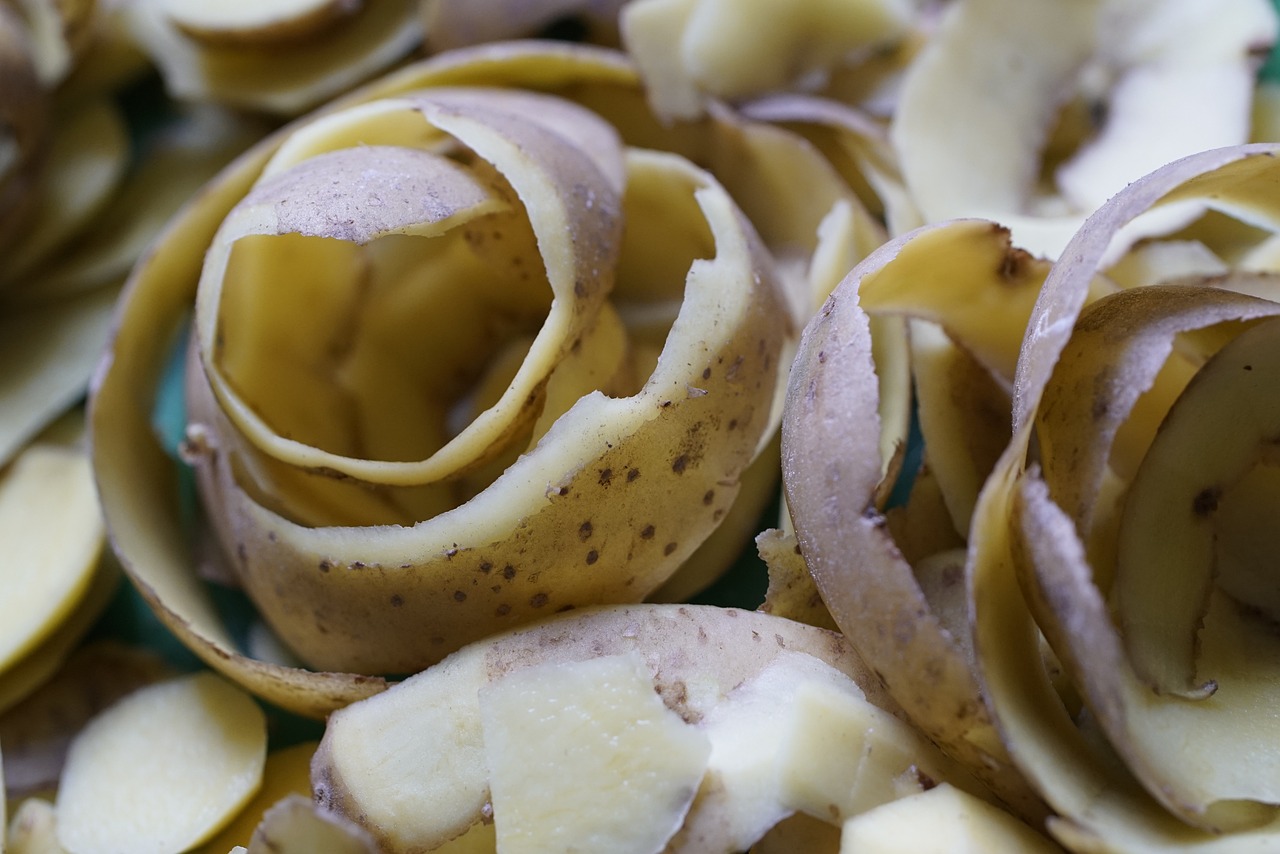
Can Dogs Eat Potato Skins: What You Need to Know
Potato skins are a popular snack among humans, but can our furry friends enjoy them too? Many dog owners wonder if it’s safe to share potato skins with their canine companions. In this article, we will explore whether dogs can digest potato skins, the risks associated with potato skin allergies, potential health risks, safety precautions for feeding dogs potato skins, and suggest some alternatives for your dog to enjoy. So, let’s dive in!
- Can Dogs Digest Potato Skins?
- Potato Skin Allergies in Dogs
- Health Risks of Potato Skins for Dogs
- Safety Precautions for Feeding Dogs Potato Skins
- Alternatives to Potato Skins for Dogs
Can Dogs Digest Potato Skins?
Dogs have the ability to digest a wide range of foods, but when it comes to potato skins, it’s a bit more complicated. While dogs can technically digest potato skins, there are a few factors to consider.
Potato skins are tough and fibrous, which can be challenging for a dog’s digestive system to break down. If a dog consumes a large quantity of potato skins, it can cause digestive issues such as stomach upset, vomiting, or diarrhea. Additionally, potato skins may cause blockages in your dog’s intestines, leading to more severe health problems.
Potato Skin Allergies in Dogs
Just like humans, dogs can develop allergies to certain foods, including potato skins. Some dogs may be sensitive or allergic to the proteins found in potato skins, leading to allergic reactions. Common symptoms of food allergies in dogs include itching, skin rashes, hives, ear infections, and gastrointestinal issues.
If you suspect that your dog has an allergy to potato skins or any other food, it’s important to consult with your veterinarian. They can perform tests to determine which specific proteins your dog is allergic to and provide guidance on suitable dietary options.
Health Risks of Potato Skins for Dogs
While potato skins are not toxic to dogs, there are several health risks associated with feeding them to your canine companion. These risks include:
- Gastrointestinal Upset: The tough and fibrous nature of potato skins can irritate your dog’s stomach and intestines, leading to digestive upset such as vomiting and diarrhea.
- Choking Hazard: Potato skins can easily get stuck in a dog’s throat or create blockages in the intestines, posing a serious choking hazard. This is especially true if your dog is known to gulp down their food without chewing properly.
- Allergic Reactions: As mentioned earlier, dogs can develop allergies to potato skins, causing symptoms like itching, rashes, and gastrointestinal issues.
- High Fat Content: Potato skins are often cooked with oils and seasonings, which can make them high in fat. Feeding your dog fatty foods regularly can lead to obesity and other health issues such as pancreatitis.
It’s crucial to be aware of these risks and prioritize your dog’s health and well-being when considering whether to share potato skins with them.
Safety Precautions for Feeding Dogs Potato Skins
If you still wish to share potato skins with your dog, it’s important to take some safety precautions to minimize the risks involved. Consider the following guidelines:
- Remove the Skin: Remove all the potato skin before feeding it to your dog. This reduces the risk of choking or digestive issues associated with the tough and fibrous texture of the skins.
- Plain and Baked: Ensure that the potato skins are plain and baked. Avoid using any seasonings, spices, or oils, as these can be harmful to dogs. Plain, baked potato skins are the safest option.
- Moderation is Key: Limit the amount of potato skins you give to your dog. A small piece as an occasional treat is acceptable, but large quantities can lead to digestive upset or other health problems.
- Monitor for Allergic Reactions: Keep a close eye on your dog after they consume potato skins. If you notice any signs of allergic reactions or digestive issues, consult your veterinarian immediately.
Remember, it’s always better to be safe than sorry when it comes to your dog’s health. If in doubt, it’s best to avoid feeding potato skins to your furry friend.
Alternatives to Potato Skins for Dogs
If you’re looking for alternative options to satisfy your dog’s cravings, there are several safe and healthy alternatives to potato skins:
- Sweet Potato Chews: Sweet potato chews are a tasty and nutritious alternative to potato skins. They are rich in vitamins, minerals, and fiber, and they are easy for dogs to digest. Make sure to bake or dehydrate them without any added oils or seasonings.
- Carrot Sticks: Carrot sticks are crunchy, low in calories, and packed with vitamins. They make a great alternative to potato skins for dogs who enjoy a satisfying crunch.
- Apple Slices: Apples are a good source of fiber and vitamin C, and many dogs enjoy their natural sweetness. Just make sure to remove the seeds and core before giving apple slices to your dog.
- Green Beans: Green beans are low in calories and high in fiber, making them a healthy choice for treating your dog. They also provide a satisfying crunch that dogs love.
Always remember to introduce new treats to your dog’s diet gradually, and observe for any potential allergies or digestive issues that may arise.
In conclusion, while dogs can technically digest potato skins, they come with risks and potential allergies. It’s best to avoid feeding potato skins to dogs, but if you choose to do so, remember to take safety precautions and monitor your dog’s reaction. There are plenty of healthier alternatives available that can provide your dog with a tasty and safe snack. Your dog’s health should always be a priority, so consult your veterinarian if you have any concerns or questions regarding your dog’s dietary choices.
Keep up with the latest trends and developments by visiting our Trending article regularly. And checkout amazing pet products for your furry friend here.



